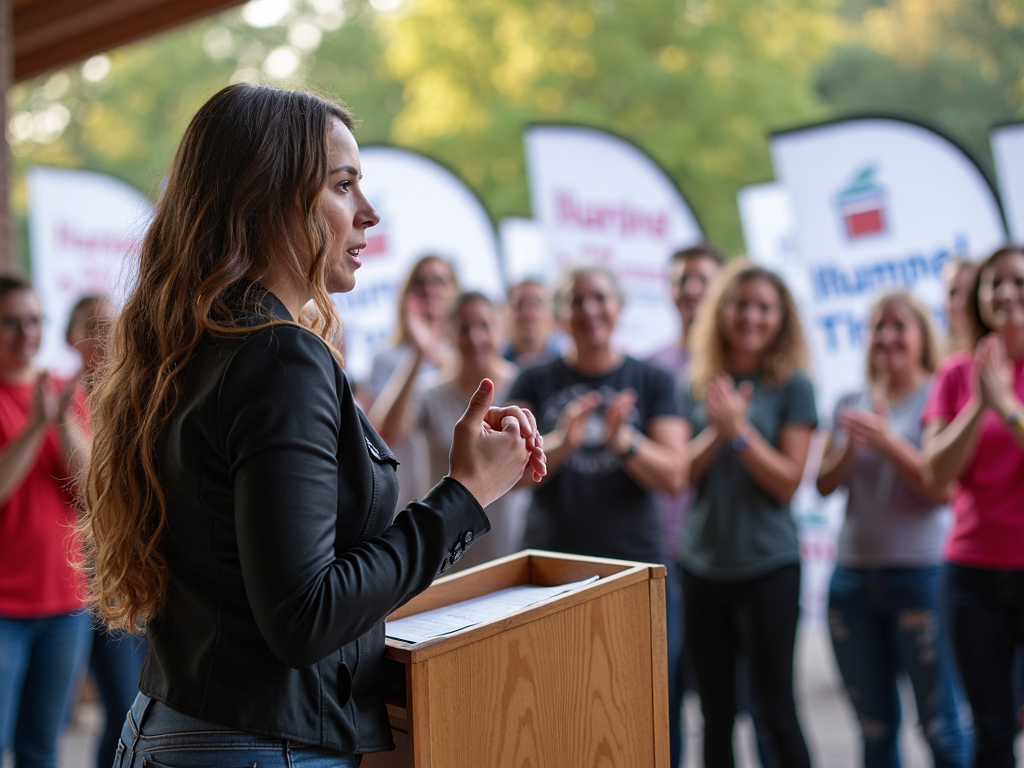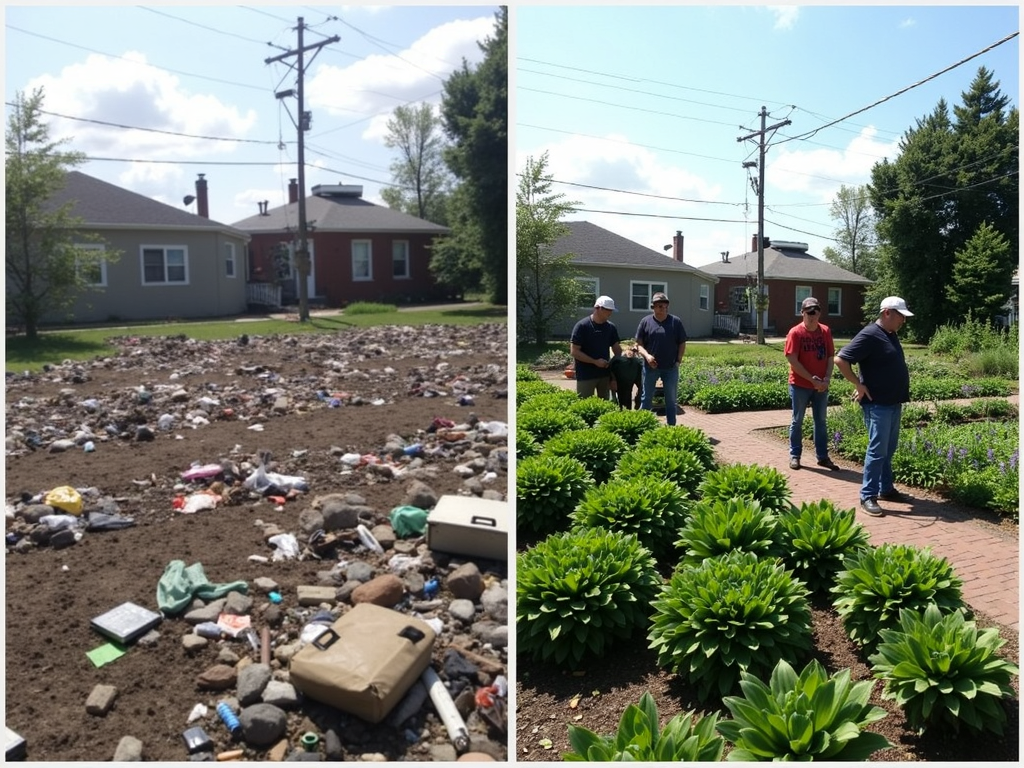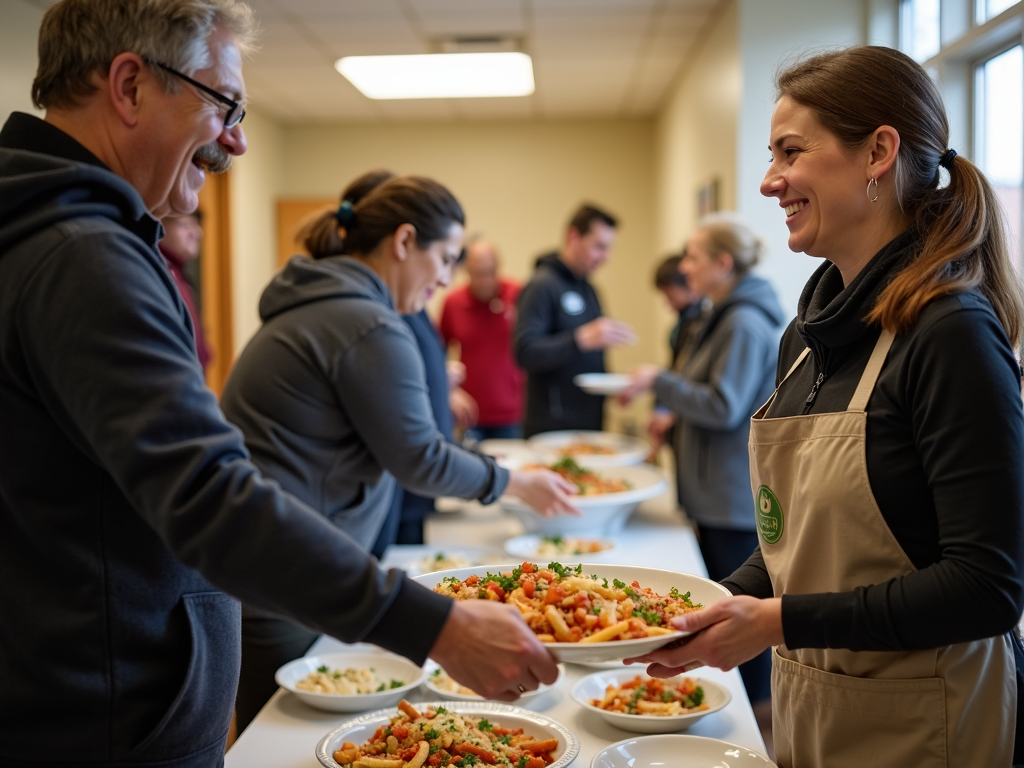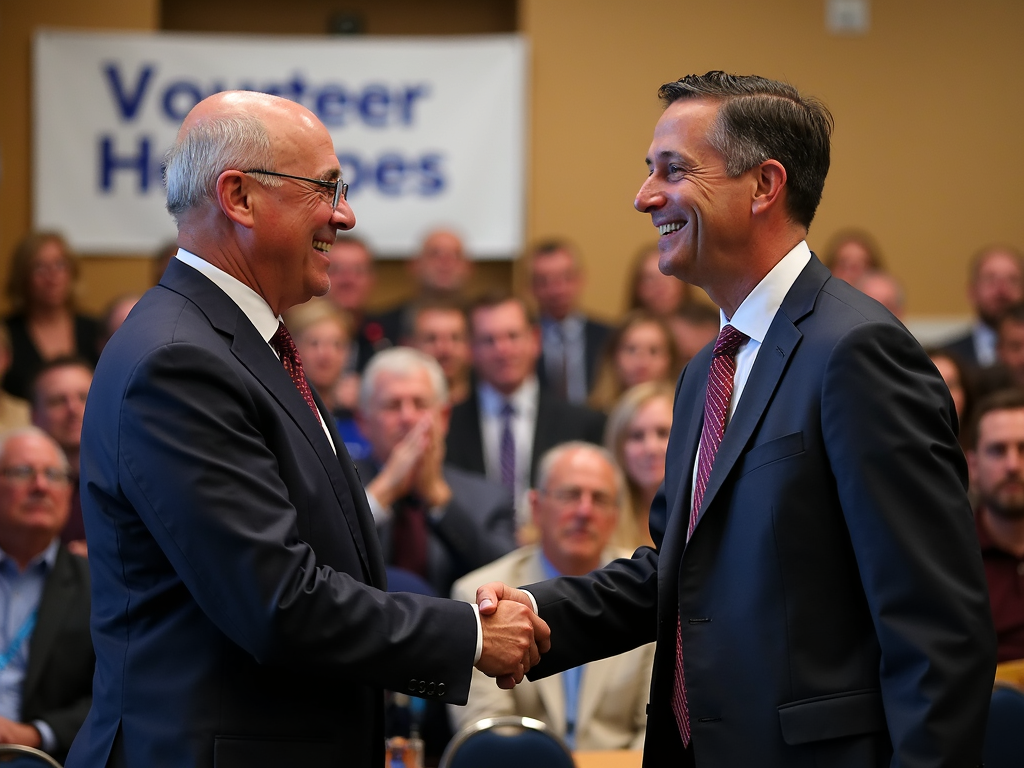From Volunteer to Leader: How Service Shapes Careers
By , July 1, 2025
Volunteering is often seen as a way to help others, but it’s also a powerful tool for personal and professional growth. Many successful leaders began as volunteers, picking up skills and experiences that shaped their careers. This article dives into how volunteering can lead to leadership and its benefits for individuals and communities.

Why Volunteering Matters
Volunteering is more than just giving your time—it’s a chance to learn and grow. Whether you’re serving meals at a shelter, tutoring kids, or cleaning up a park, you face new challenges. These moments help you build skills like teamwork, communication, and problem-solving, which employers love.
Plus, volunteering connects you with people. You meet folks from all walks of life, forming friendships and professional contacts. For many, it’s a door to jobs they never thought about. Take it from the Corporation for National and Community Service: volunteers are 27% more likely to find work than non-volunteers.

From Volunteer to Leader
How do you go from being a volunteer to a leader? It starts with stepping up. Volunteers who show effort and take on extra tasks often catch the eye of those in charge. They might get asked to lead a team or manage a project.
Take Sarah, a college student who loved animals. She started volunteering at a shelter, feeding cats and dogs. Soon, she was training new volunteers and running adoption events. Her hard work paid off when the shelter hired her as a coordinator. Now, she’s the director, leading the whole team.
Or consider John, a tech worker who taught coding to kids at a nonprofit. He suggested new lesson ideas and led workshops. The program director noticed and made him a manager. Today, he runs coding programs citywide. These stories show how volunteering can kickstart a leadership journey.

Skills You Gain from Volunteering
Volunteering is like a training ground for leadership skills. Here’s what you can pick up:
- Communication: Talking to different people helps you explain things clearly and listen well.
- Teamwork: Working with others toward a goal teaches you how to get along and solve disagreements.
- Problem-solving: Limited resources? You learn to think fast and get creative.
- Leadership: Leading a small task or team builds your confidence to take charge.
- Emotional intelligence: Helping others grows your ability to understand feelings—yours and theirs.
These skills matter in any job. Employers want people who’ve shown they can handle real situations, even if it’s not on a paycheck.

Tips to Become a Leader
Want to turn your volunteer role into a leadership spot? Try these steps:
- Take action: Don’t just wait—find ways to help beyond your tasks.
- Be reliable: Show up on time and keep your promises.
- Ask for advice: Get feedback from others to improve.
- Meet people: Connect with volunteers and staff for future opportunities.
- Keep learning: Join workshops or online classes to grow your skills.
Passion helps too. When you care about the cause, people notice. It’s how you stand out and move up.

Impact of Volunteer Work on Local Communities
Volunteering doesn’t just help you—it lifts up communities too. Volunteers fill gaps, like tutoring kids or fixing parks, where services might be short. Their work makes life better for everyone around.
For example, a group in Chicago turned a run-down lot into a garden. Crime dropped, and neighbors started hanging out more. In another town, volunteer tutors helped students raise their grades. This shows the real impact of volunteer work on local communities—small acts, big results.

Service Learning Opportunities
Service learning mixes volunteering with schoolwork. It’s a win-win: students get hands-on experience, and communities get help. A biology student might study plants by restoring a wetland. A business major could boost a nonprofit’s social media.
These service learning opportunities in local communities build skills and show students how to make a difference. Many schools offer programs, or you can find groups like VolunteerMatch (volunteermatch.org) to get started.

Why It’s Worth It
Volunteering can change your career—and your life. It’s not just about free time; it’s about building skills and finding purpose. Sarah and John didn’t plan to lead, but volunteering opened those doors. Even if leadership isn’t your goal, you’ll grow in ways that matter.
For communities, volunteers are lifelines. They bring energy and care where it’s needed most. Whether you’re a student or switching careers, service learning and volunteering offer chances to shine.

Volunteering is a simple step with big rewards. It teaches you skills, connects you with people, and helps your community thrive. From volunteer to leader, this journey shapes careers and lives. Start small, stay committed, and watch how far it takes you.